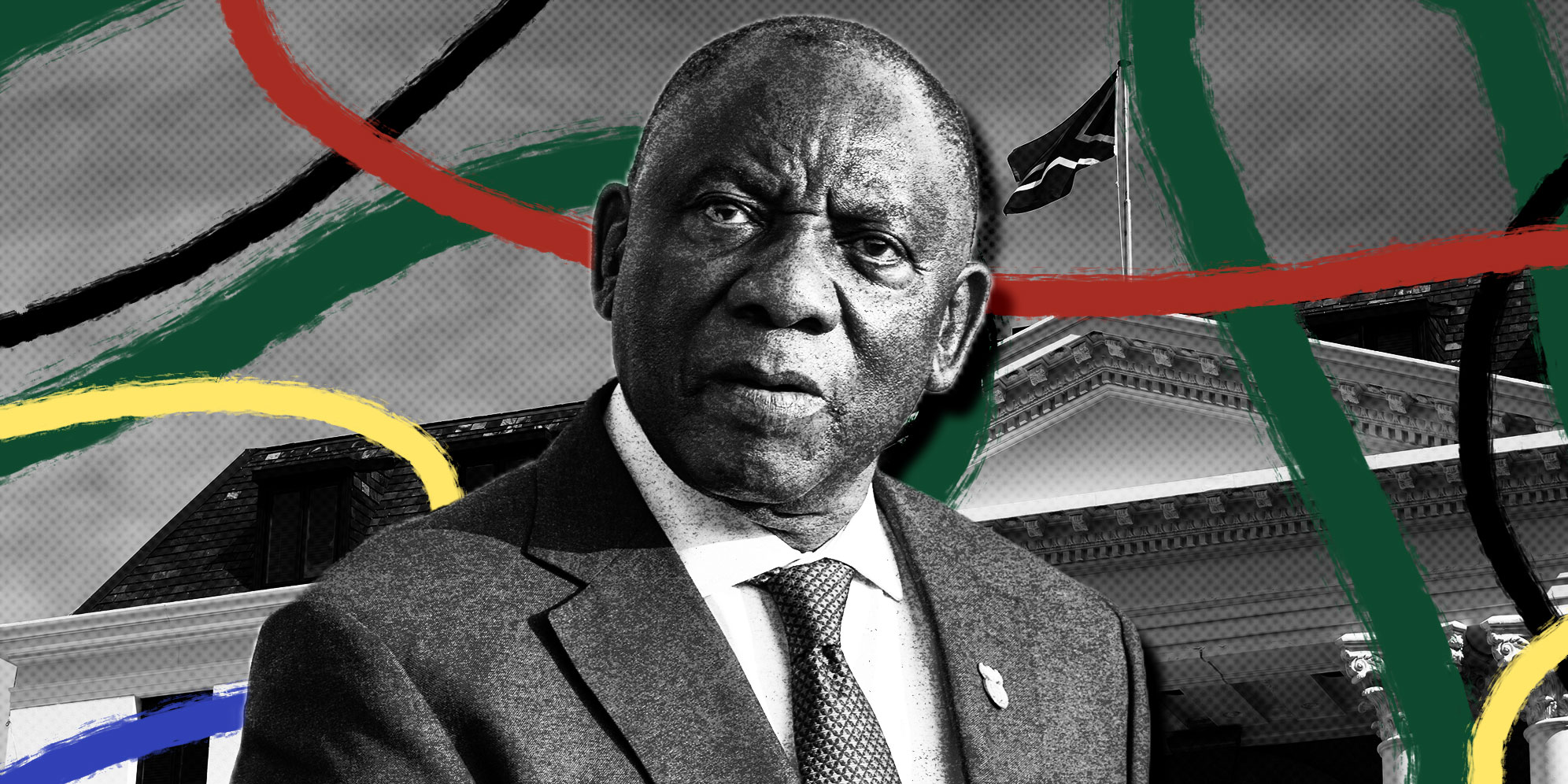There were many reasons why the National Dialogue was bound to fail, including, of course, that so many of its participants would have been so performative.
While the foundations that have withdrawn have pointed to principle, saying that this should have been a bottom-up process, there may be other explanations.
Among the first to propose the idea of a National Dialogue was former president Thabo Mbeki. His foundation is among those that have withdrawn.
Perhaps it was about principle. Perhaps it was because he felt he was not given a powerful enough role. Or, given the very difficult history between him and President Cyril Ramaphosa, perhaps he just decided to hit him where it hurt.
Read more: ‘Dialogue cannot be built on haste’ — Key organisations withdraw from National Convention
The truth is, the National Convention was never going to be properly representative.
While it may continue, and there may even be a National Dialogue at some point, because it is already not truly representative it will now be more of a side-show. It will probably not dominate the national narrative in any meaningful way.
While it was doomed from the start, it would also never have survived the decision by the DA to withdraw. Of course, this decision was probably political (it was a direct response to the sacking of Andrew Whitfield). But its constituency is too big to ignore.
Given the largely racialised nature of our politics, the dialogue would have lacked legitimacy without the DA.
One might well have a twinge of sympathy, too, for the “Prominent Persons” who were corralled into being a part of this. It was probably impossible for many of them to ignore the Presidency. But this process carried the risk of ruining reputations.
Someone can be an amazing scientist, activist or sportsperson. But that doesn’t make you an expert on foreign policy, or help you develop a comprehensive policy on Gaza.
Economic dialogue
That said, there is still, obviously, a need for our country to do something. We need to talk. And we need to talk substantively. We cannot, and should not, go on like this, particularly when so many people no longer participate in our elections, and so many others vote along identity lines.
The comments made by PA leader Gayton McKenzie in the past about black people, and by its deputy leader Kenny Kunene about women, are horrific. Already, several bodies have lodged cases against them.
But because the PA has a constituency, the party is unlikely to lose its place in the national coalition, and its voters might continue to support it.
Which means that people who espouse these thoughts are still part of our mainstream politics and will remain there — and would be a part of the National Dialogue.
So, if not a National Dialogue, then what?
The “what” requires an accurate diagnosis of the problem.
Because our problems are so many, one should start by accepting that no single process will resolve them all, or even make substantial progress in more than one of them.
Instead, there needs to be a focus on the biggest problem, with the hope that solving that will prepare the ground to solve some of the others.
There can be no serious debate. It is obvious to anyone that the biggest problem is that our economy is not growing, and younger people cannot find work, and thus cannot find sustainable incomes.
To put it another way, as has been said many times, if we don’t solve this, it doesn’t really matter if we solve our other problems.
Now that the National Dialogue is unlikely to capture public attention, perhaps a window is opening for some kind of difficult discussion about our economy.
Read more: The GNU has failed the only test that matters: growing the economy and delivering jobs
Closed discussions
Unfortunately, this will not be successful in public. It may be surprising for you to read this under this particular byline, but some things cannot be done live on TV.
Instead, they can only be successful behind closed doors.
The problem here is obvious. Economic discussions involve leaders who represent different constituencies. All have people and issues on which they cannot be seen to give up.
If they’re on live TV, they have every incentive to be seen to fight hardest for their constituency. This means they hold out, almost immune to the pressure brought by the rest of society.
In other words, you will simply repeat the mistakes of the national coalition.
One of the fundamental problems any real economic conversation will have to deal with is that it will have to approach the world as it is, not as we want it to be.
We have intense inequality, the rich will not give up their position, the Trump administration is completely immune to Fikile Mbalula’s rants about imperialism.
What is needed now is a hard-headed, clear-eyed conversation about our economy and how to improve it.
If we can do that, then perhaps something good will have come out of a bad idea. DM




 Illustrative Image: President Cyril Ramaphosa. (Photo: 2024 Per-Anders Pettersson / Gallo Images) | Parliament. (Photo: Daily Maverick)
Illustrative Image: President Cyril Ramaphosa. (Photo: 2024 Per-Anders Pettersson / Gallo Images) | Parliament. (Photo: Daily Maverick)